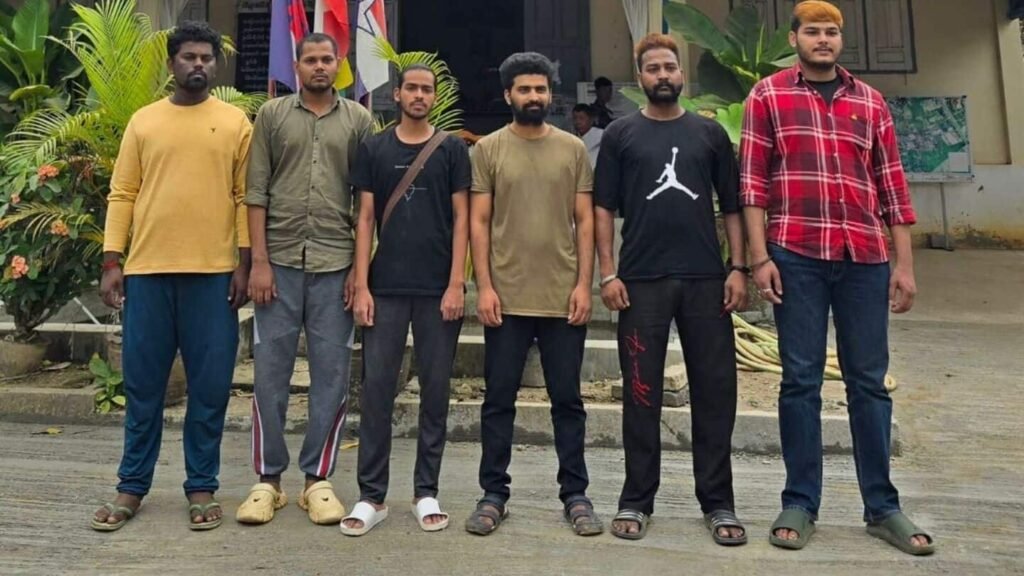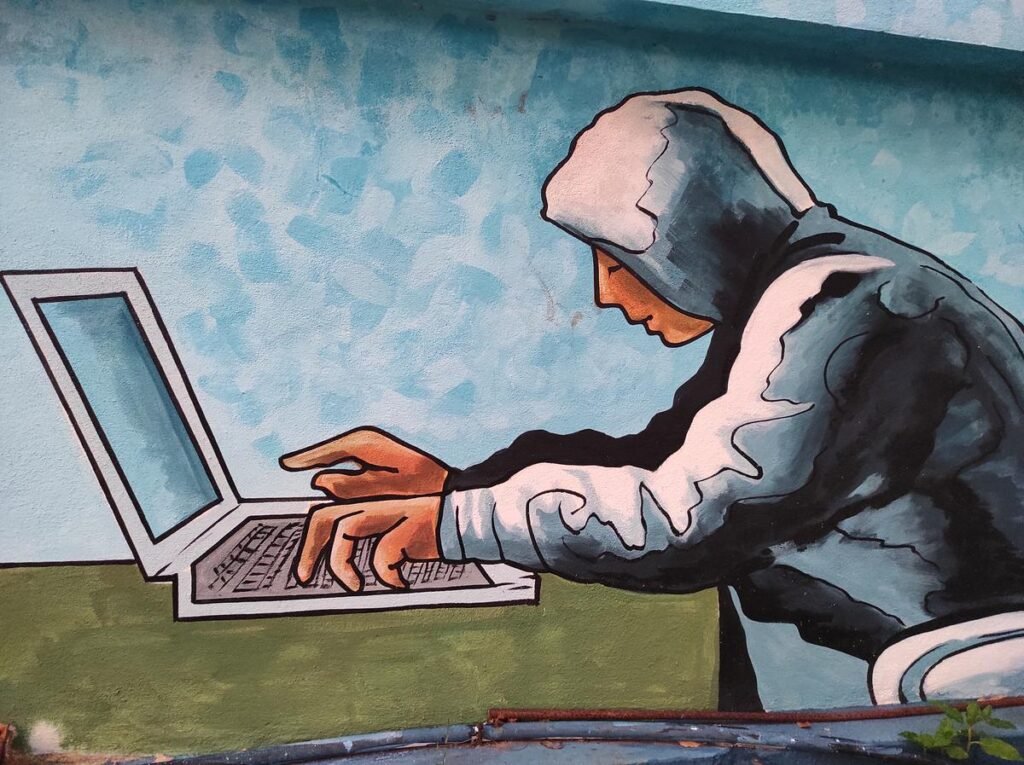Patna/New Delhi, August 31, 2025 – In a dramatic and heart-wrenching rescue, six young men from Bihar were brought back to India after being trafficked to a cyber fraud hub in Myawaddy, Myanmar.

These youths had been promised lucrative jobs in Thailand by a Nepali intermediary. Instead, they were taken via Bangkok and stranded in a scam facility in Myanmar on a “work visa.” According to one of the survivors, and BTech graduate from Danapur, he was handed over to armed individuals after three months, beaten, deprived of his passport and phone, and held in a dark room. The captors demanded ₹5 lakh for his release and threatened to sell his organs. Amid the ordeal, he survived on just rice mixed with sugar and salt. After enduring torture, he is now safely reunited with his family.
Sachin Kumar Singh’s mother, Meena Devi, had filed a complaint with Danapur police after paying ₹1.5 lakh to recruit suspects. A Special Investigation Team was formed to track him down. Working in coordination with the Indian Embassy in Myanmar, the Ministry of External Affairs, and the Myanmar Army, officials managed to secure the release of Sachin along with five other youths airlifting them back to India on August 26.
Sachin warned that over 29,000 Indians, including more than 400 IT professionals, may be trapped in similar cyber fraud operations in Myanmar.

Broader Issue and Government Response
This incident reflects a growing international challenge: job seekers are targeted by human traffickers offering fake employment in Southeast Asia, only to be coerced into cybercrime. Previously, hundreds, possibly thousands, of Indians have been rescued from such scam centres near the Thailand-Myanmar border. Government efforts involving Indian embassies, security forces, and regional authorities have helped repatriate many victims. Error messages have also been issued to warn against unverified job recruiters.
India continues to emphasise the importance of verifying overseas job offers through proper channels like Indian embassies to safeguard its citizens from exploitation.

